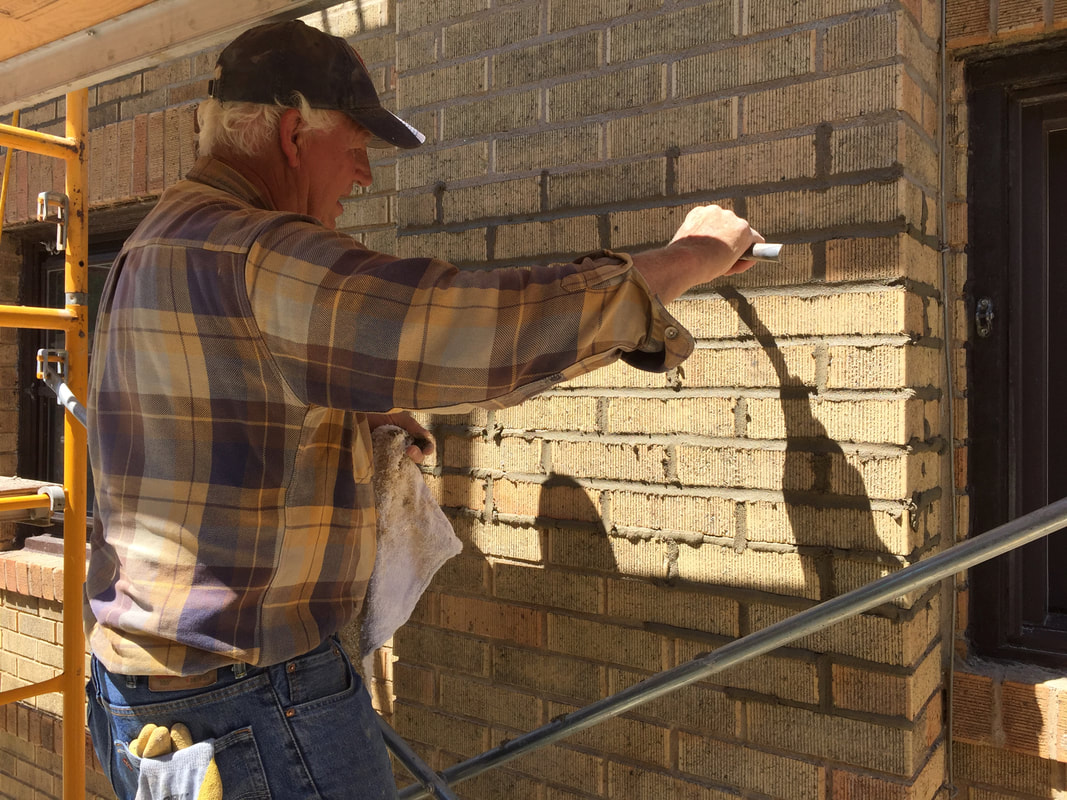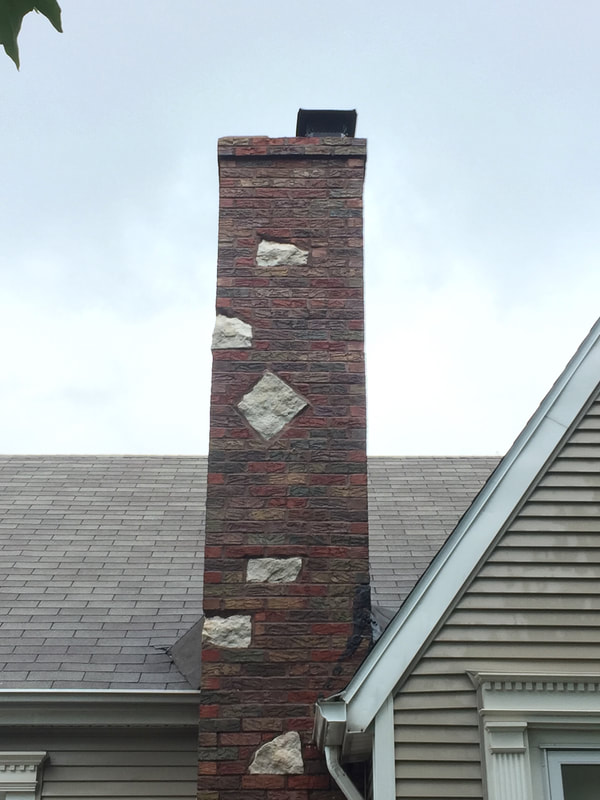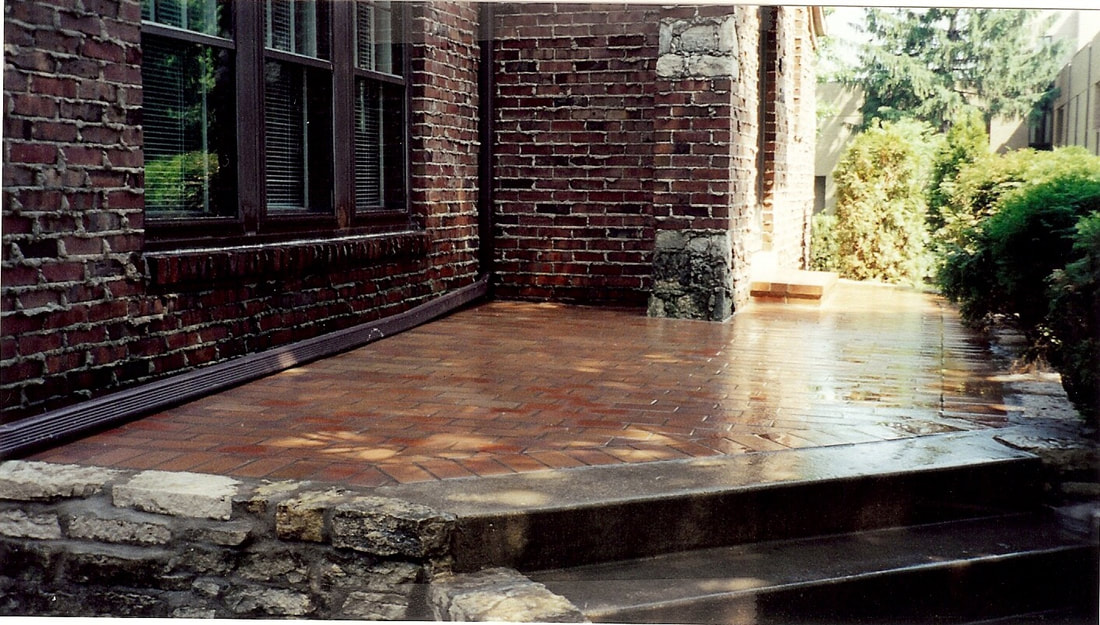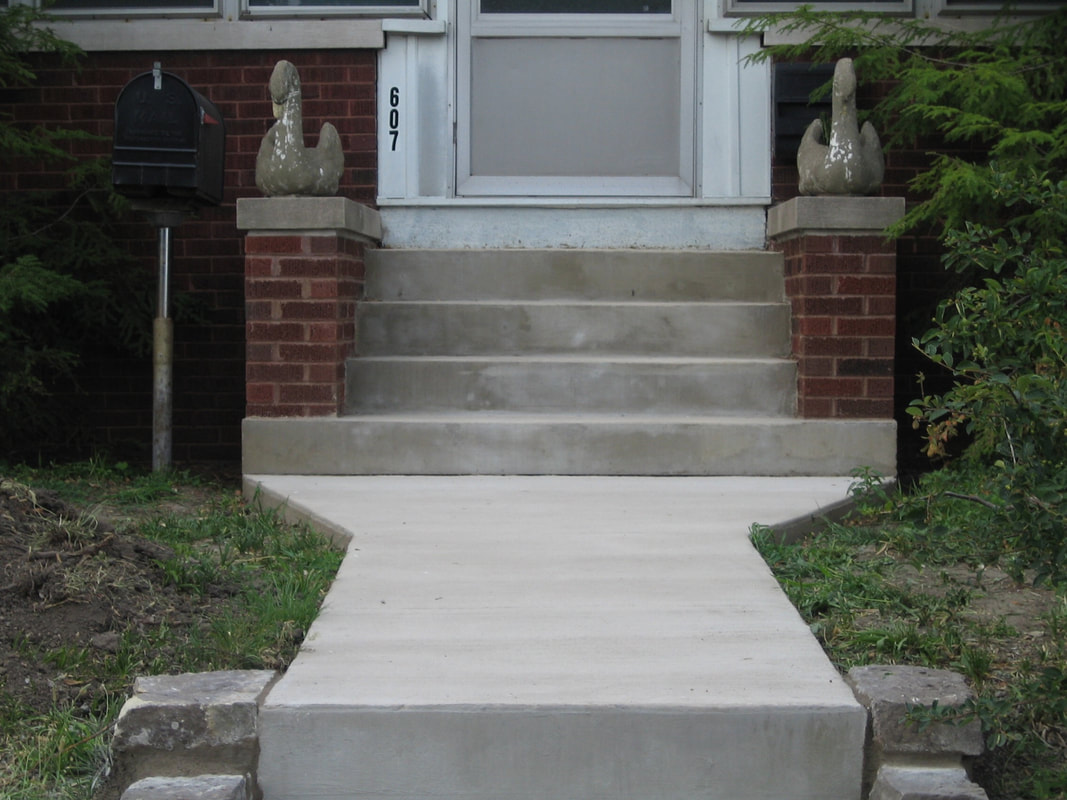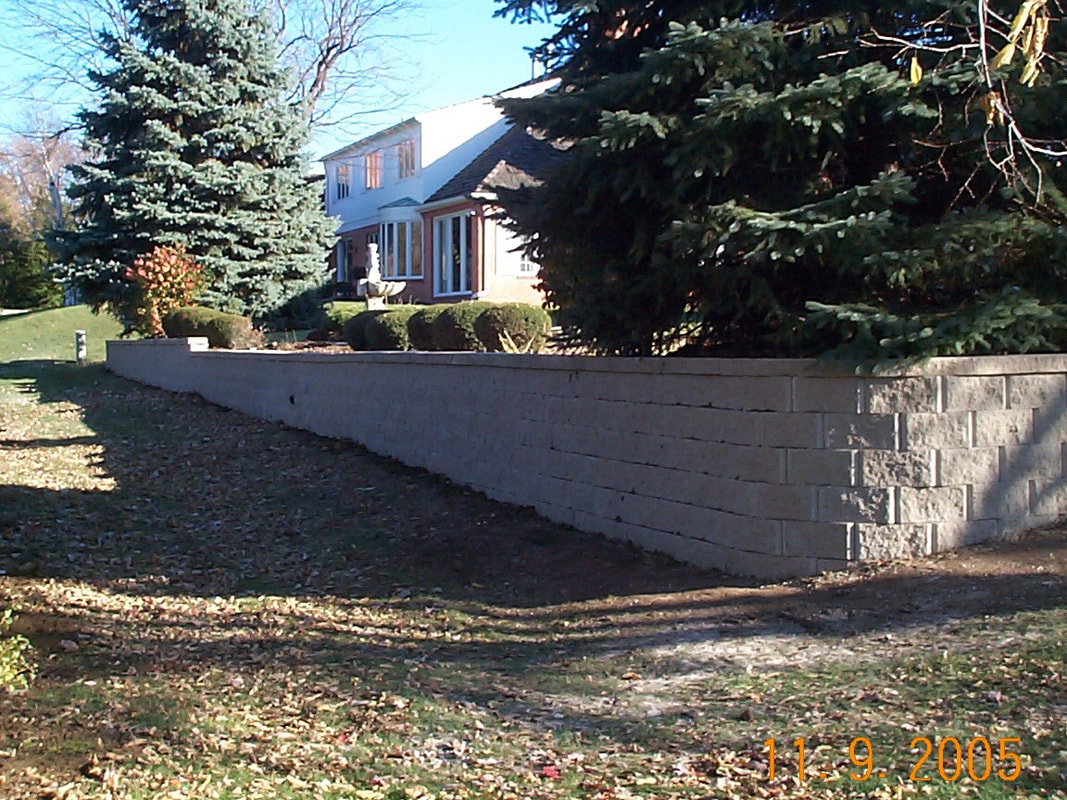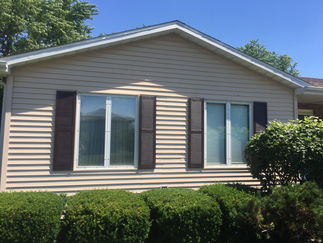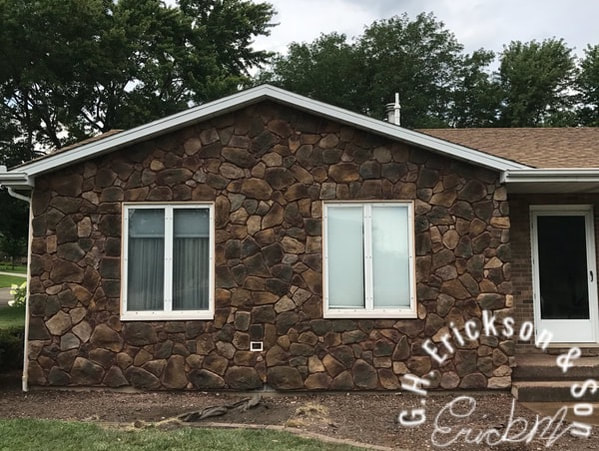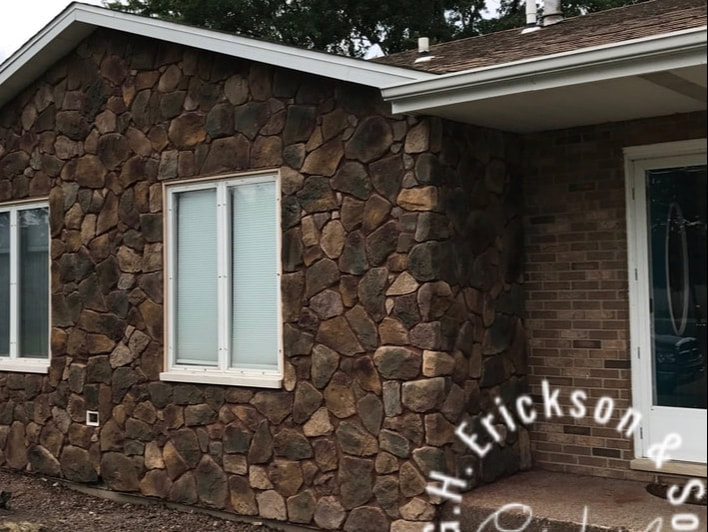G.H. Erickson & Son
Quality Masonry Repair in Peoria, IL, and Morton, IL
If your brick, stone, or mortar needs any repairs or updates, G.H. Erickson & Son can help. We work with all types of masonry to provide the quality service your home deserves and needs. With over 50 years of experience in the masonry industry, we have the professional expertise to handle any job, big or small. For your masonry needs in Peoria, IL and Morton, IL, and the surrounding areas, contact us today.
Masonry Repair Services We Offer
* Brick Replacement *Cultured Stone
* Tuckpointing * Limestone
* Waterproofing * Stucco & Plaster
* Stone Repair * Glass Blocks
General repairs include brick and stone of your building's walls, chimneys, or porches have begun to show signs of wear, it may be time to get them repaired. Signs that your masonry products need repair is the brick or stone is spalling or cracking. G.H. Erickson & Son specializes in masonry repair, especially for chimneys. Whether your chimney needs a touch-up or a complete overhaul, our skilled masons are perfect for the job. We also provide tuckpointing to improve the appearance of your bricks while protecting them from mortar deterioration. We also service limestone products. Wether you need limestone caps or limestone sills, we got you covered.
Waterproofing. If the bricks on your structure aren't sealed, they can absorb water, which can weaken the brick and mortar's overall integrity. By waterproofing your floors, paved areas, and walls, you can help protect your building from damage and extend the life of your bricks or stones.
Beyond repairs and waterproofing, G.H. Erickson & Son also offers installation of cultured stone. Cultured stone is concrete designed to look like real stone. The natural appearance of the cultured stone lends a dignified and unique look to houses and business exteriors. There are many decorative finishes and colors available.
* Tuckpointing * Limestone
* Waterproofing * Stucco & Plaster
* Stone Repair * Glass Blocks
General repairs include brick and stone of your building's walls, chimneys, or porches have begun to show signs of wear, it may be time to get them repaired. Signs that your masonry products need repair is the brick or stone is spalling or cracking. G.H. Erickson & Son specializes in masonry repair, especially for chimneys. Whether your chimney needs a touch-up or a complete overhaul, our skilled masons are perfect for the job. We also provide tuckpointing to improve the appearance of your bricks while protecting them from mortar deterioration. We also service limestone products. Wether you need limestone caps or limestone sills, we got you covered.
Waterproofing. If the bricks on your structure aren't sealed, they can absorb water, which can weaken the brick and mortar's overall integrity. By waterproofing your floors, paved areas, and walls, you can help protect your building from damage and extend the life of your bricks or stones.
Beyond repairs and waterproofing, G.H. Erickson & Son also offers installation of cultured stone. Cultured stone is concrete designed to look like real stone. The natural appearance of the cultured stone lends a dignified and unique look to houses and business exteriors. There are many decorative finishes and colors available.
Our Team
Whatever your masonry needs, G.H. Erickson & Son can help. Our locally owned business has been serving central Illinois since 1970, and we have prioritized professionalism and quality ever since we opened. We want to provide you with the best masonry services possible, so we value honesty and reliability. When you need quality masonry and a professional bricklayer, you can count on us.
To receive a quote on masonry, call us today at (309) 678-6097. We look forward to hearing from you.
To receive a quote on masonry, call us today at (309) 678-6097. We look forward to hearing from you.
TuckpointingTuckpointing is a needed service in keeping all masonry products in good shape. When done correctly, Tuckpointing will keep costly repairs down and making your home look and feel as it should. We service all types of masonry. If you need to hire a professional tuckpointing service, your in the right place.
|
Waterproofing
Waterproofing is a great way to protect the masonry and concrete on your home. Waterproofing should be applied every 3 to 5 years. One of the largest problems that happens is that the wrong waterproofing is used or a poor quality product is used. We offer a wide range of sealers for all brick, block, marble, stone, & concrete. We also have standing appointments to come out when needed.
"Gerald H. Erickson & Son replaced brick and did waterproofing on my chimney. Their work exceeded my expectations and they were very pleasant to deal with. I could recommend them to my friends"
Fred Bergia
Cultured Stone
Cultured Stone is a wonderful way for builders to add amazing style and class to home. Cultured Stone has no maintenance and is durable. Here are a few structures that stone was added to the front of a house.
Before
|
After
|
After
Call Today
|
Get in Touch With Us
We Would Love to hear from you!
|
Service area:
|
Telephone(309) 678-6097
© 2005 - 2023 G.H. Erickson & Son. All Rights Reserved Address 1700 W Marigold Dr Peoria, IL 61615 Designed by: jaytweb.com |
